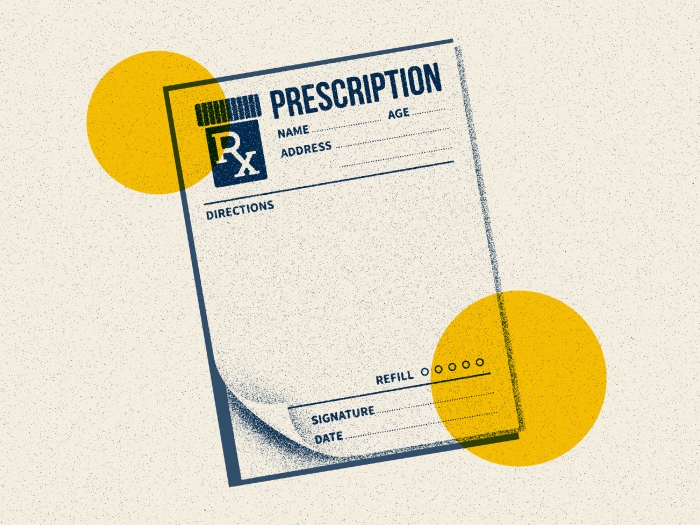A Michigan Medicine gastroenterologist discusses the recent recall of ranitidine, or Zantac, and shares treatment options and tips for individuals living with heartburn.
5:00 AM
Author |
Recently, the Food and Drug Administration requested a manufacturer's market withdrawal of ranitidine, or Zantac, which many individuals take to treat heartburn. This recall means that all ranitidine products have been removed from the market and will no longer be available for new or existing prescriptions or over-the-counter use.
The FDA found that the drug may contain a contaminant known as N-nitrosodimethylamine, or NDMA, that is associated with pancreatic cancer, posing risks to patients.
LISTEN UP: Add the new Michigan Medicine News Break to your Alexa-enabled device, or subscribe to our daily updates on iTunes, Google Play and Stitcher.
Michigan Medicine's William Chey, M.D., a gastroenterologist and professor of medicine and nutrition sciences, is an expert when it comes to treating heartburn. In this video, he discusses the recent ranitidine recall and offers tips for treating the condition now that Zantac is no longer an option.
MORE FROM MICHIGAN: Sign up for our weekly newsletter

Explore a variety of health care news & stories by visiting the Health Lab home page for more articles.

Department of Communication at Michigan Medicine
Want top health & research news weekly? Sign up for Health Lab’s newsletters today!





